PROTECT YOUR DNA WITH QUANTUM TECHNOLOGY
Orgo-Life the new way to the future Advertising by AdpathwayNew York City stands on the brink of a significant political shift, with self-identified socialist Zohran Mamdani poised to take the mayoral office. Gene Hamilton, co-founder and president of America First Legal, voiced serious concerns about the potential ramifications of this election, suggesting it could usher in a new era of Marxism in the city. “I could never fathom the thought of having a Marxist leading my city, the crown jewel city of the United States, of the world, of the free world,” Hamilton told Fox News Digital. His remarks highlight broader anxieties surrounding Mamdani’s radical political philosophy and what it might mean for America’s most iconic city.
The mayoral race has drawn national scrutiny, particularly as former Governor Andrew Cuomo, now running as an independent, competes against Mamdani and Republican candidate Curtis Sliwa. Observers have noted a split in voter sentiment between those born in the U.S. and foreign-born residents, with the latter group leaning more towards Mamdani. Hamilton believes this reflects deeper issues stemming from immigration policies that do not favor traditional assimilation. “One of the things we’ve seen over the last several decades is an emphasis amongst many social organizations, nonprofits, and the government itself on this concept of pushing integration, and not assimilation,” he stated. This shift, according to Hamilton, has led to a scenario where varying political ideologies coexist in the city without necessarily accepting American cultural norms.
While acknowledging the positive aspects of cultural diversity, Hamilton warned that newcomers should not disregard the values and principles that define American society. He asserted the critical importance of enforcing existing immigration laws, stressing that they are essential for preserving American values. “There are prohibitions, there are restrictions from the admission of individuals for many, many reasons,” he explained. These laws exist for a reason; those with ties to totalitarian ideologies should not be granted entry into the country.
Hamilton pointed out the fundamental oath naturalized citizens must take: renouncing foreign allegiances and embracing a new American identity. He believes this oath underscores the essential nature of a strong American identity, one that has historically been recognized worldwide. He argues that failing to foster a sense of this identity can lead to a devaluation of what it means to be American. “What has happened over the years is this ideological suicide, believing we can just bring anyone in from anywhere and it will somehow enrich us all equally,” he said. This perspective raises significant questions about how the United States can maintain its cultural fabric with an influx of new residents.
The ongoing mayoral contest reflects broader societal concerns, as Hamilton expressed alarm over the apparent disregard for Western values and the principles enshrined in the U.S. Constitution. He noted that the sacrifices of prior generations in building the country are being diminished in the face of a new ideological narrative. “The belief that immigrants can contribute economically, regardless of their backgrounds, defies common sense,” Hamilton argued, indicating his conviction that not all contributions are created equal in the eyes of the American ideal.
The fallout from the recent presidential election also plays a significant role in the current discourse. Hamilton criticized the Biden administration’s approach to immigration and border control, which many citizens perceived as a failure. This disapproval extends to voters’ feelings toward policies that could allow for more radical political figures like Mamdani to gain traction. “The American people outright rejected the open borders mentality of the Biden administration,” he noted, suggesting that a pivotal moment has arrived when the nation can begin addressing these issues more effectively.
As the election approaches, Hamilton pointed out the dilemma facing New York Republicans. With candidates from opposing parties vying for votes, there’s speculation that casting a ballot for Cuomo might inadvertently aid Mamdani’s chances. He remarked on the difficulty of this decision, acknowledging Sliwa’s appeal while also stressing the reality of the potential political landscape. “Ultimately, I know a lot of people like Sliwa. He seems like a wonderful man,” Hamilton said, while also advocating for pragmatic voting strategies. “Whatever it takes to ensure that you do not get a Marxist in office is a reasonable decision to make.” This stark view emphasizes the urgency of the moment and the stakes involved in the upcoming election.
Looking ahead, Hamilton anticipates that a Mamdani victory would galvanize the Democratic Party, fueling a more leftist agenda in future elections. “Certainly I think you’ll see the Democratic Party rally around him,” he noted, with implications for midterm elections as the party seeks to leverage any successes that might emanate from Mamdani’s administration. He cautioned that the repercussions of Mamdani’s policies may not be immediately apparent, suggesting a long-term impact that could reshape the city. “New York might not get trashed overnight,” he added, foreshadowing potential challenges that lie ahead.
In closing, the race for New York City mayor has unfolded as a crucial moment not only for the city but for the broader national conversation about identity, values, and the implications of diverse political ideologies. Hamilton’s insights illuminate the fears and expectations surrounding a potential shift towards more radical governance, emphasizing the need to reflect on what constitutes American culture amid changing dynamics.
"*" indicates required fields


 10 hours ago
4
10 hours ago
4
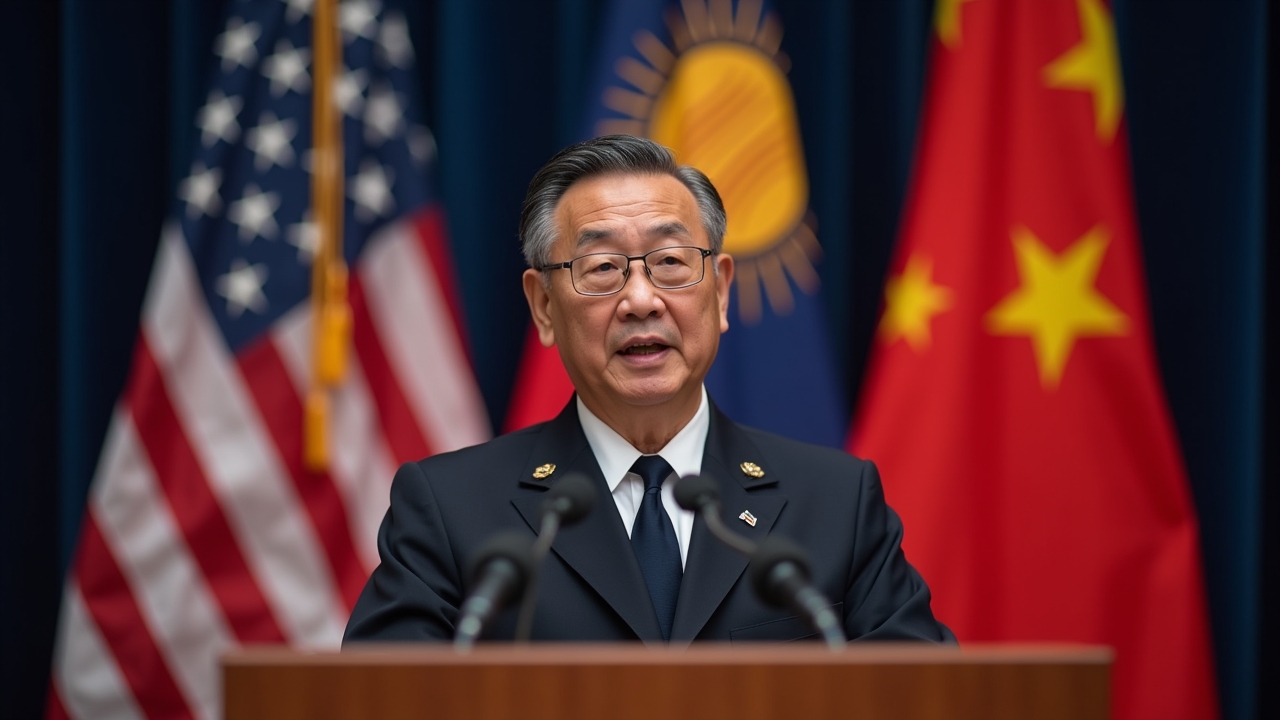

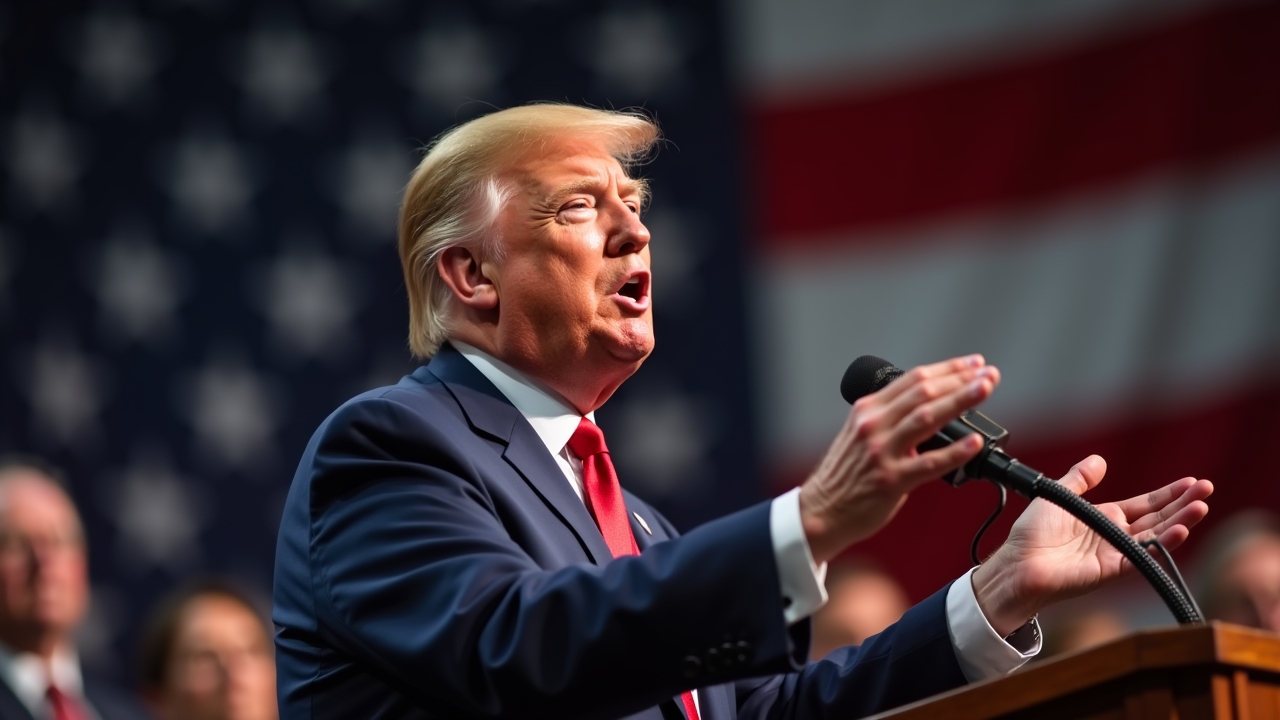

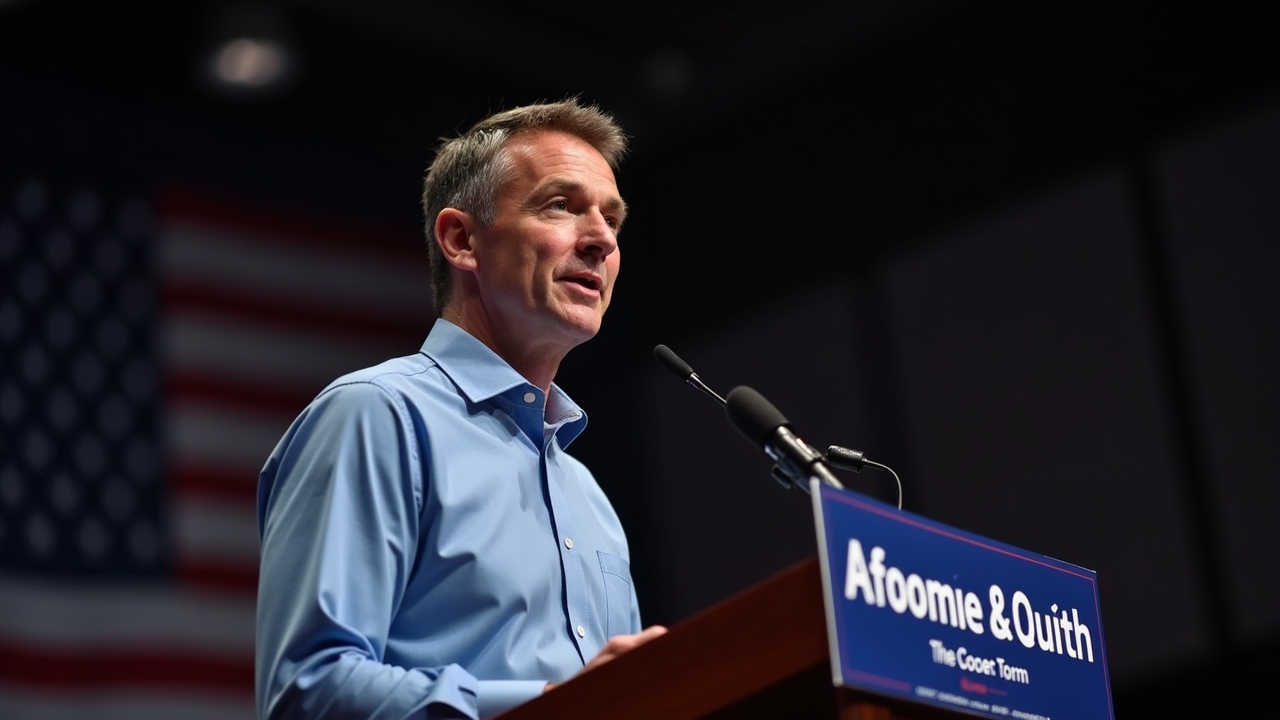

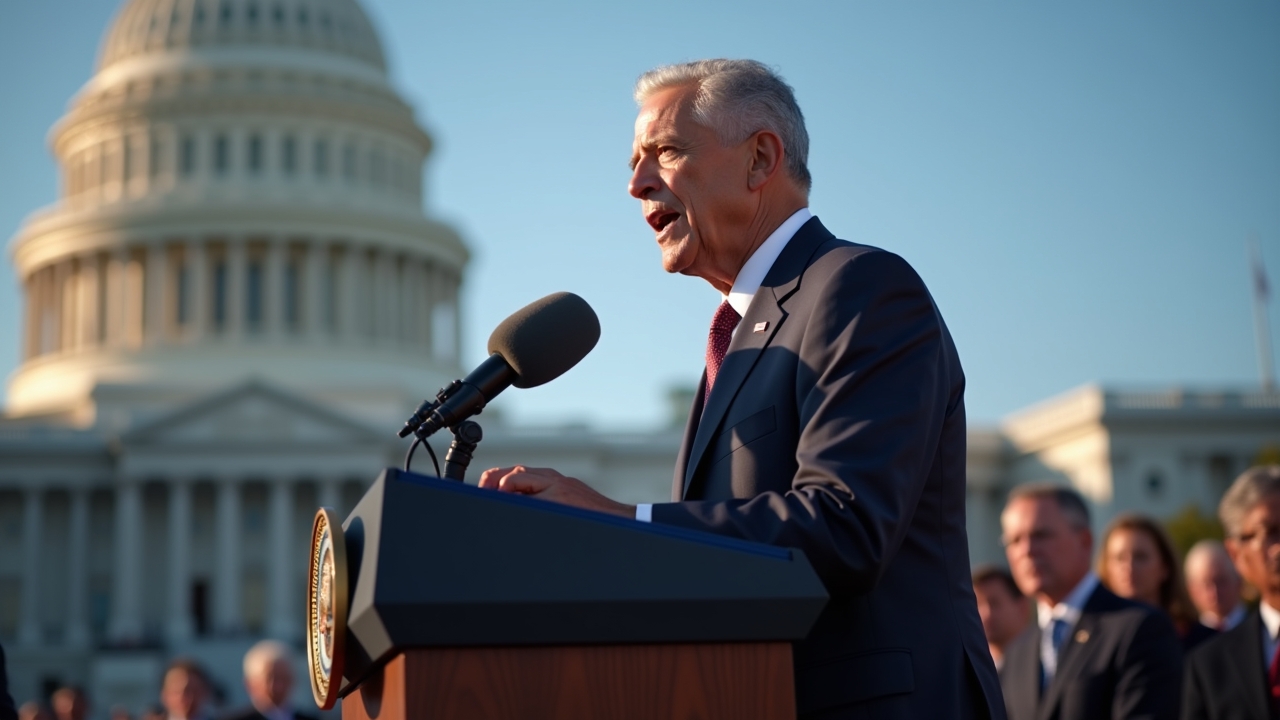
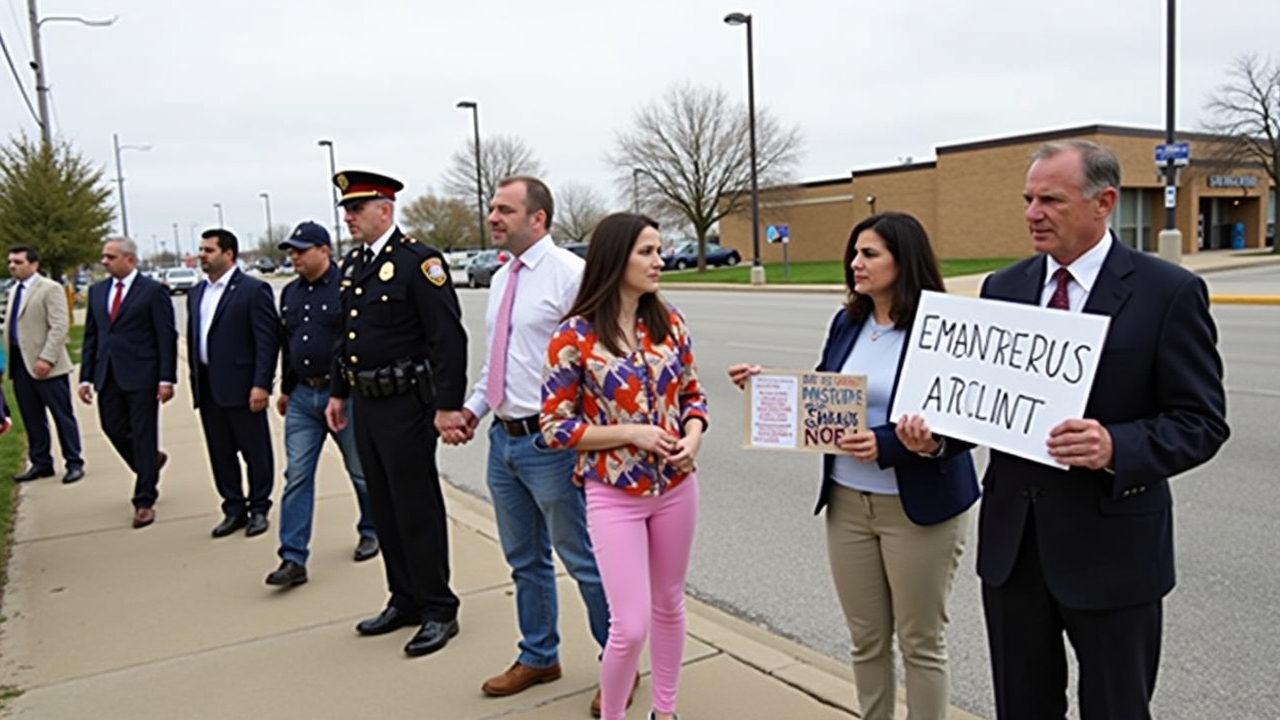










.jpg)






 English (US) ·
English (US) ·  French (CA) ·
French (CA) ·